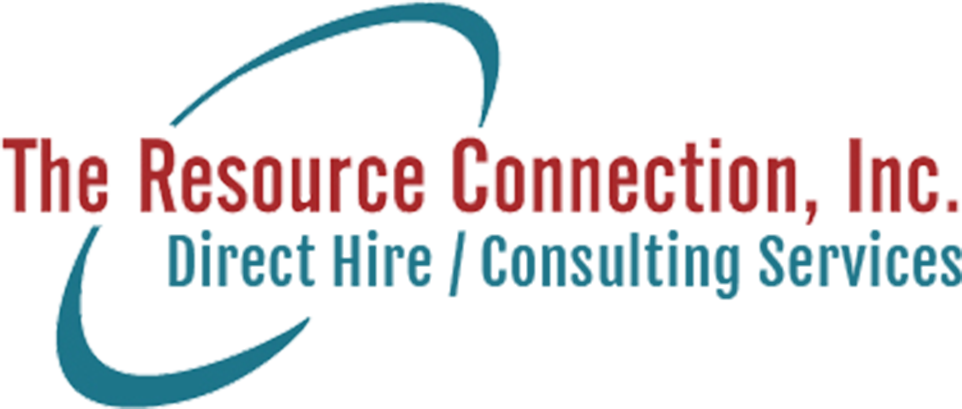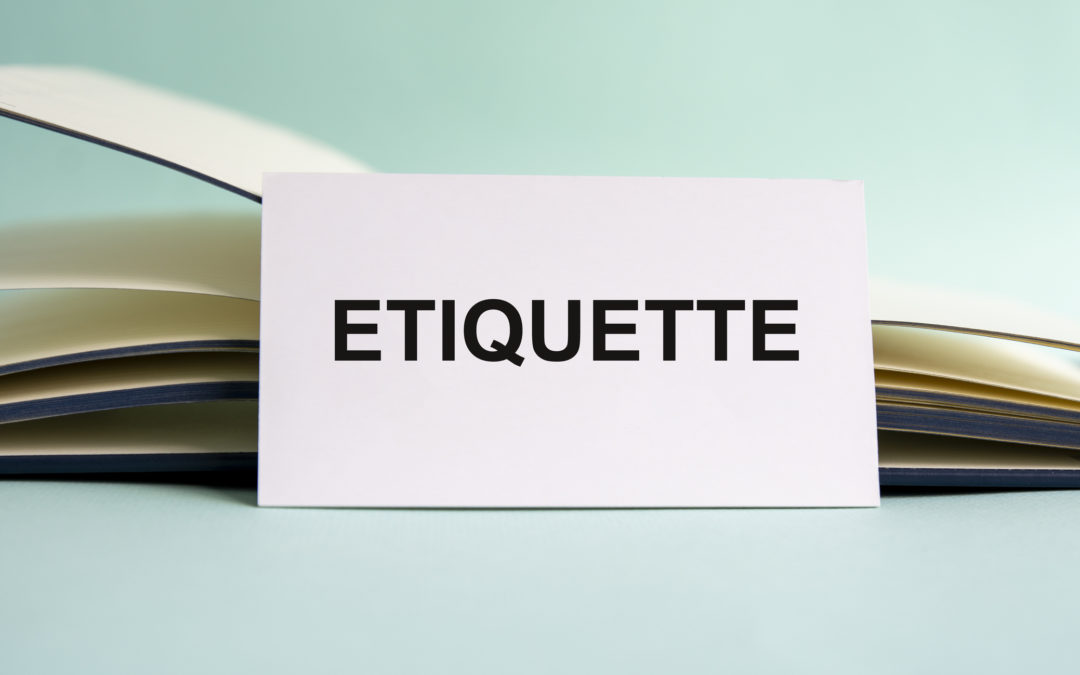Business etiquette refers to the way people in an organization interact – with each other, suppliers, customers, and other internal and external entities. It is about behaving in a defined way and conveying the appropriate image. Successful organizations create and implement a set of professional and social rules that guide the way people behave in business settings.
Why good business etiquette is important
Business etiquette is key to showing clients, customers, and other stakeholders the kind of belief systems and values you follow.
It helps to create a mutually respectful professional atmosphere, improves communication, and can assist in improving work productivity. Individuals feel more engaged at the job when they feel valued and respected. Happy workers, in turn, translate into higher productivity, better customer relationships and, a positive workplace.
Appropriate business etiquette also helps you get ahead in your career. Companies seek individuals who present themselves in a professional, dignified manner when they represent the organization. Your organizational etiquette can help you create the right first impression, whether you are interacting with customers, suppliers, regulatory authorities or internal stakeholders.
Tips on proper etiquette in the workplace
Always use people’s names
Greeting people by calling them by their first name shows that you remember, value, and respect them. When people fail to greet others in a business meeting, they lose out on the opportunity to build a relationship and, potentially, a sale. However, in some cultures, people prefer to be addressed in a formal way, with a Mr., Professor or Dr. prefix. If you are unsure about how to address/greet, it is better to choose a more formal greeting to avoid offending others.
Be courteous
Remember to be courteous to everyone by being considerate of their needs and feelings.
Courteous behavior can include:
- Using thank you and please as appropriate
- Adopting a pleasant tone and speaking clearly
- Smiling when greeting and a firm handshake when you are meeting someone new
- Maintaining eye contact
- Sending letters of appreciation, condolence, congratulations, or thank you notes as appropriate
Email and telephone etiquette
Refer to the company’s rules on general telephone etiquette. Speak clearly, while avoiding using a loud tone. Answer as quickly as you can, stating your name as well as the company’s name. Use a professional and pleasant voice, take messages and convey them promptly to the concerned personnel.
Good email etiquette helps build your personal reputation and professional relationships. Some best practices related to email etiquette are to reply to emails within 24 to 48 hours of your receiving them, keeping your emails brief, and avoiding grammatical mistakes in your reply. Check out this post on Best Practices for Business Email.
Workplace etiquette
The way you present yourself at the workplace – to your colleagues, supervisors, and managers will influence your professional development and success. Avoid gossiping or criticizing the work culture, bosses, or customers. Be flexible and open to new ideas and perspectives. Be well-versed with the codes of conduct, organizational policies, and procedures to follow.
Treat everybody with respect and importance.

